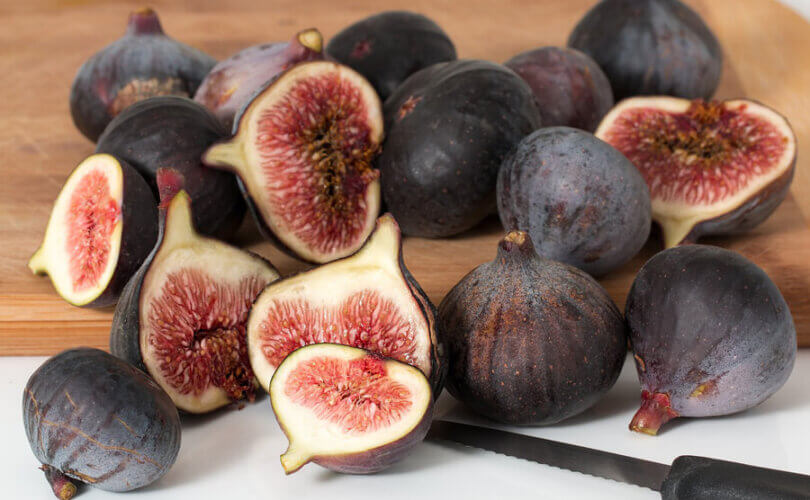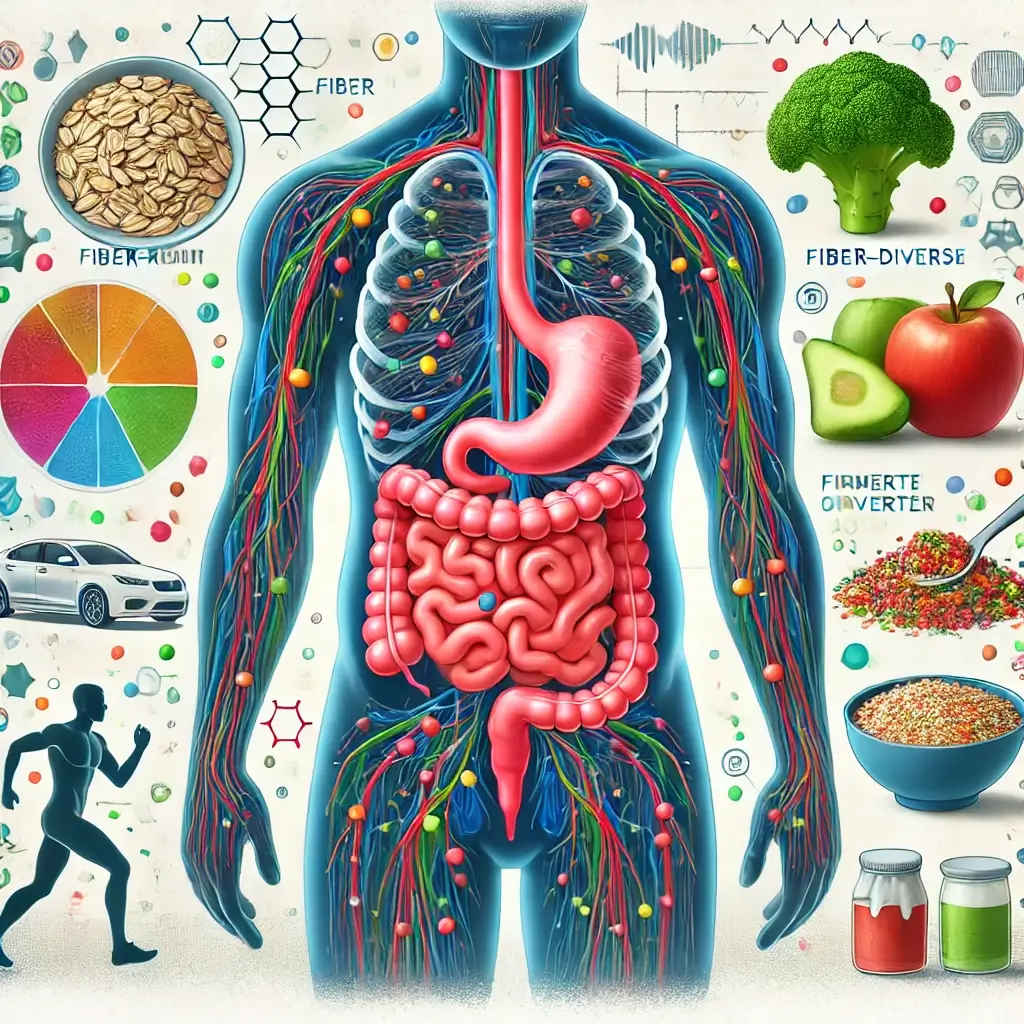How to Experience Relief From Your Indigestion Through Natural Means
You can eliminate your indigestion naturally by consuming things like ginger tea, figs, and baking soda. But keep in mind that since these products are not FDA-regulated, processing can contaminate and adulterate them more easily.
Therefore, it is essential to educate your patients about herbal remedies for which there is inadequate evidence to support them and warn them against taking conventional drugs that have undergone scientific evaluation. Furthermore, you should only use natural treatments with your primary care doctor’s approval.
Peppermint Oil Is Effective for Treating Dyspepsia
Peppermint oil helps to treat dyspepsia, a common illness. It is well known to ease stomach muscles and improve bile flow in the digestive tract, both of which help break down lipids. The pain and spasms frequently caused by poor digestion are also reduced by peppermint.
However, it is strongly advised to use peppermint oil cautiously if you suffer from GERD or heartburn.
Indigestion Is Relieved With Ginger Tea
Ginger soothes the lining of the digestive tract and relieves indigestion. It also can reduce stomach acid and relieve cramps. In addition, ginger may improve stomach emptying and minimize indigestion symptoms, including nausea, diarrhea, and constipation.
It might also lessen bloating. Sip ginger tea or ginger ale to soothe the lining of your stomach. Try soothing your tea with some honey or lemon to calm you down.
Baking Soda Helps With Indigestion
Use baking soda to get quick relief from indigestion. It includes sodium bicarbonate, an antacid that balances stomach hydrochloric acid. Additionally, it supports the digestive system’s detoxification. Mix one teaspoon of baking soda with one cup of water to relieve indigestion.
Licorice Root Helps to Ease Indigestion
Licorice root is a successful all-natural treatment for dyspepsia. You can use it to make a soothing tea to soothe a sore throat. It has antibacterial properties that might help the immune system remove germs.
It also has a lot of vitamin C in it. Using licorice root tea moderately and seeing a physician beforehand is essential.
Amla Encourages Regular Bowel Movements
Amla is rich in both antioxidants and vitamin C, which help the body fight infections. It also contains polyphenols and alkaloids that help the body’s immunological system. It has anti-inflammatory properties, making it a fantastic herbal remedy for constipation.
Cramping Is Relieved by Figs
Figs are an excellent munch for relieving stomach aches and cramps. They are high in fiber and a rich source of soluble fiber, which helps regulate digestion. Other everyday snack items like rice crisps and refined sugar also include insoluble fiber, which could cause stomach issues while you exercise.
Figs also have a lot of potassium and other vitamins, minerals, antioxidants, and nutrients. These minerals regulate blood acidity, which is required for normal digestion and muscle growth.
Figs Calm a Queasy Stomach
Figs are among the best foods for minimizing dyspepsia. This fruit has a lot of fiber and naturally occurring, unprocessed sugars that can soothe the stomach. It also has quite significant amounts of calcium and iron. There are a variety of ways to eat this fruit. During the colder months of the year, figs are an excellent snack to keep warm. Furthermore, they help keep blood sugar levels stable.













